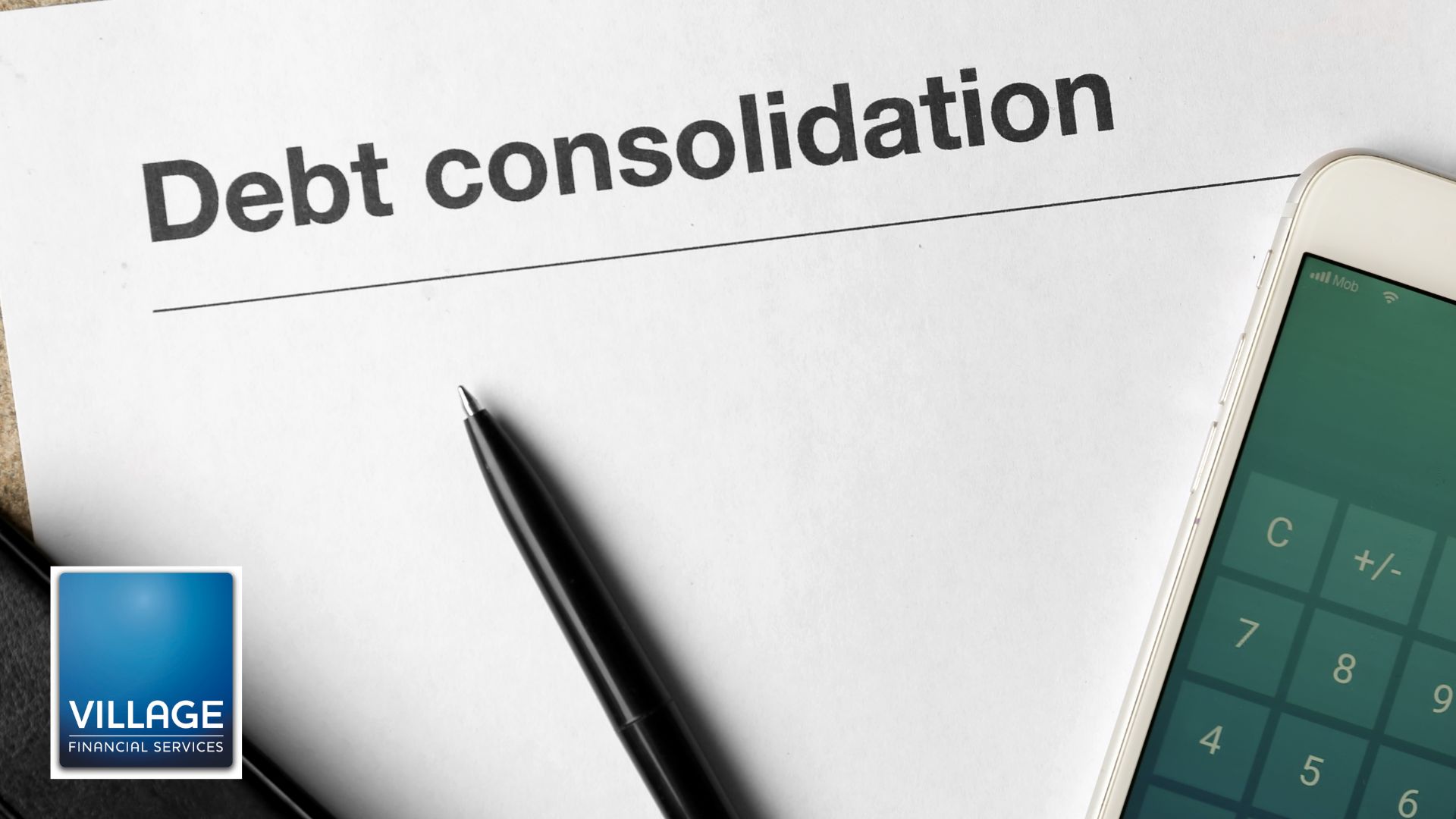
Posted on: November 1, 2025
Should You Consolidate Debt Into Your Mortgage?
If you’re carrying credit card balances, personal loans, or other unsecured debts, you might be tempted to roll them into your mortgage (debt consolidation). It can feel like a tidy solution — one payment, lower interest, less stress. But before you take that step, it’s important to understand the full picture.
Debt consolidation through your mortgage is a powerful tool — but it’s not always the right one. In fact, for many homeowners, it’s best reserved for situations where monthly outgoings have become unmanageable and other options have been exhausted.
✅ The Upside (Used Carefully)
- Lower Interest Rates Mortgage rates are typically lower than those on credit cards or personal loans. Consolidating could reduce your interest costs — but only if you avoid extending the debt over decades.
- Simpler Repayments One monthly payment can make budgeting easier, especially if you’re struggling to keep track of multiple bills.
- Breathing Room If your current debt repayments are causing financial strain, consolidation may offer short-term relief and help you avoid missed payments or defaults.
⚠️ The Bigger Risks
- Turning Short-Term Debt Into Long-Term Debt Credit cards and personal loans are usually repaid over a few years. When added to your mortgage, that same debt could stretch over 25–30 years — dramatically increasing the total interest paid.
- Securing Unsecured Debt Against Your Home Unsecured debts don’t put your home at risk. But once consolidated into your mortgage, they do. If you fall behind on repayments, your property could be at stake.
- False Sense of Progress Clearing your credit cards via consolidation can feel like a win — but unless spending habits change, those balances may creep back up. Without discipline, you could end up with a larger mortgage and new unsecured debts.
- Additional Costs Debt consolidation may involve legal fees, valuation charges, or early repayment penalties. These can eat into any savings and should be carefully weighed.
🚦 When Is It Worth Considering?
Debt consolidation into your mortgage may be appropriate if:
- You’re genuinely struggling to meet monthly repayments
- You’ve explored other budgeting or refinancing options
- You’re committed to avoiding future unsecured debt
- You’ve received tailored advice from a qualified mortgage adviser
It’s not usually recommended for those who are managing their debts comfortably or looking for a quick fix. In those cases, the long-term cost and risk to your home often outweigh the short-term convenience.
💬 Let’s Talk It Through
Every financial situation is unique. If you’re feeling overwhelmed by debt or unsure whether consolidation is right for you, we’re here to help. We’ll walk you through the numbers, the risks, and the alternatives — so you can make a confident, informed decision that protects your long-term financial wellbeing.
Think carefully before securing other debts against your home.
Consolidating debt may reduce your outgoings now, but you may end up paying more overall
We hope this article helps you understand more about debt consolidation. If you have any more questions or need further assistance, feel free to get in touch.
Craig Power craig.power@villagefs.co.uk or Luke.spires@villagefs.co.uk
Your home may be repossessed if you do not keep up repayments on your mortgage.
information contained within was correct at the time of publication 01.11.2025 but is subject to change.




